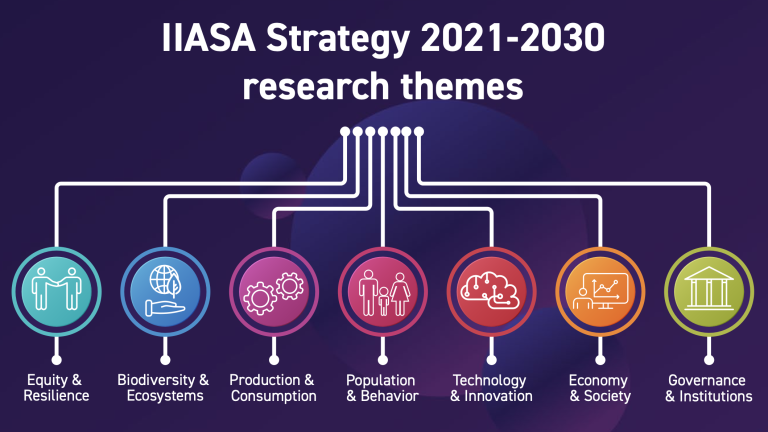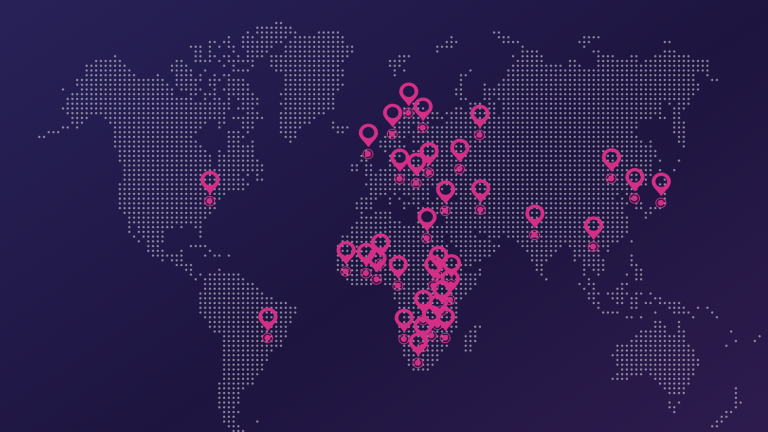The International Institute for Applied Systems Analysis (IIASA) is an international research institute that advances systems analysis and applies its research methods to identify policy solutions to reduce human footprints, enhance the resilience of natural and socioeconomic systems, and help achieve the Sustainable Development Goals.

Through its research programs and initiatives, the institute conducts policy-oriented research into issues that are too large or complex to be solved by a single country or academic discipline. This includes pressing concerns that affect the future of all of humanity, such as climate change, energy security, population aging, and sustainable development.
The results of IIASA research and the expertise of its researchers are made available to policymakers in countries around the world to help them produce effective, science-based policies that will enable them to face these challenges.

Flyers and brochures
IIASA is governed by a Council that is made up of one representative of each of the institute’s member countries. Along with various external advisory bodies, the Council also regularly evaluates the institute's work.
- IIASA brochure (pdf)
- Young Scientists Summer Program (pdf)
- IIASA Postdoctoral Program (pdf)
- IIASA Network and Alumni (pdf)
Funding
The work of IIASA is made possible through the generous support of a range of organizations and individuals that share the institute’s commitment to independent, interdisciplinary research into pressing global problems. The annual budget of IIASA in 2022 was €24.4 million of which just under half came from the institute’s National and Regional Member Organizations located in Africa, the Americas, Asia, and Europe. Additional funding came from contracts, grants, and donations from governments, international organizations, academia, business, and individuals. These many diverse income sources enabled IIASA to perform truly independent research, and IIASA would like to thank all those who gave their financial support in 2022.
When the IIASA Charter was signed on 4 October 1972, Schloss Laxenburg just south of Vienna became the institute's headquarters. Laxenburg is about 15 km from Vienna.















